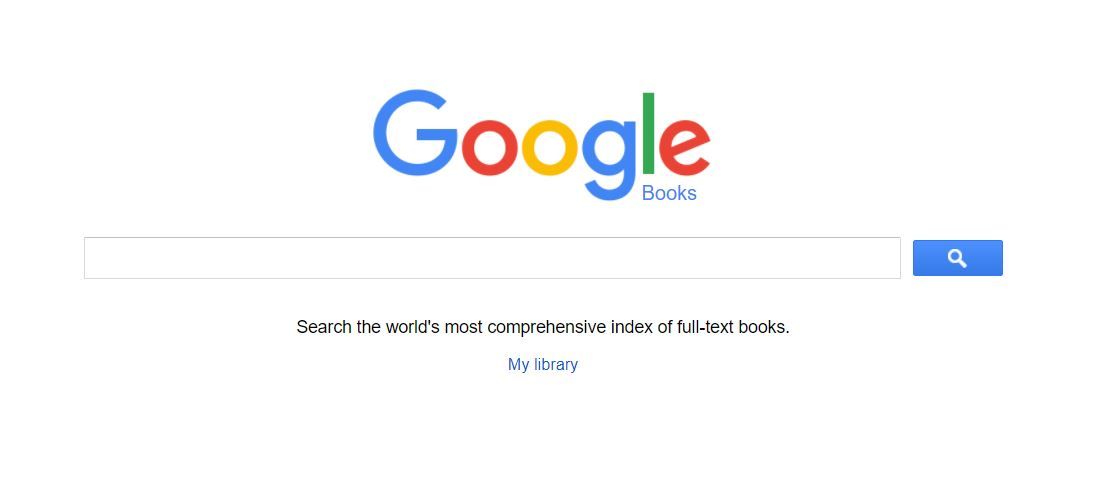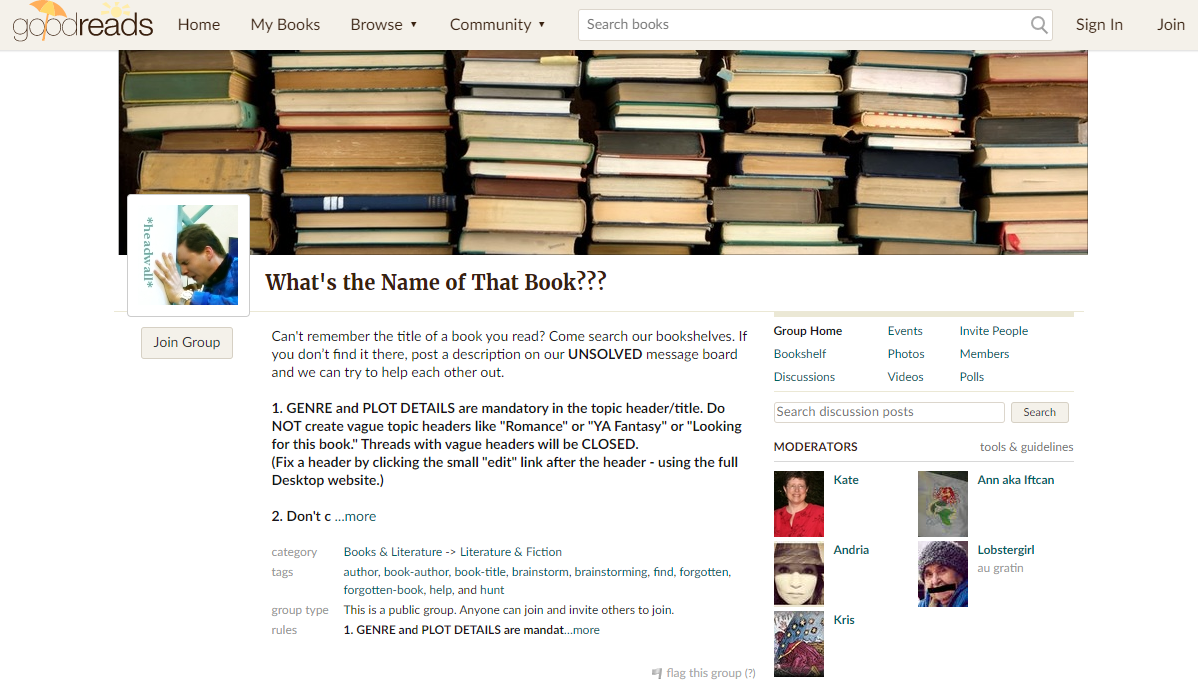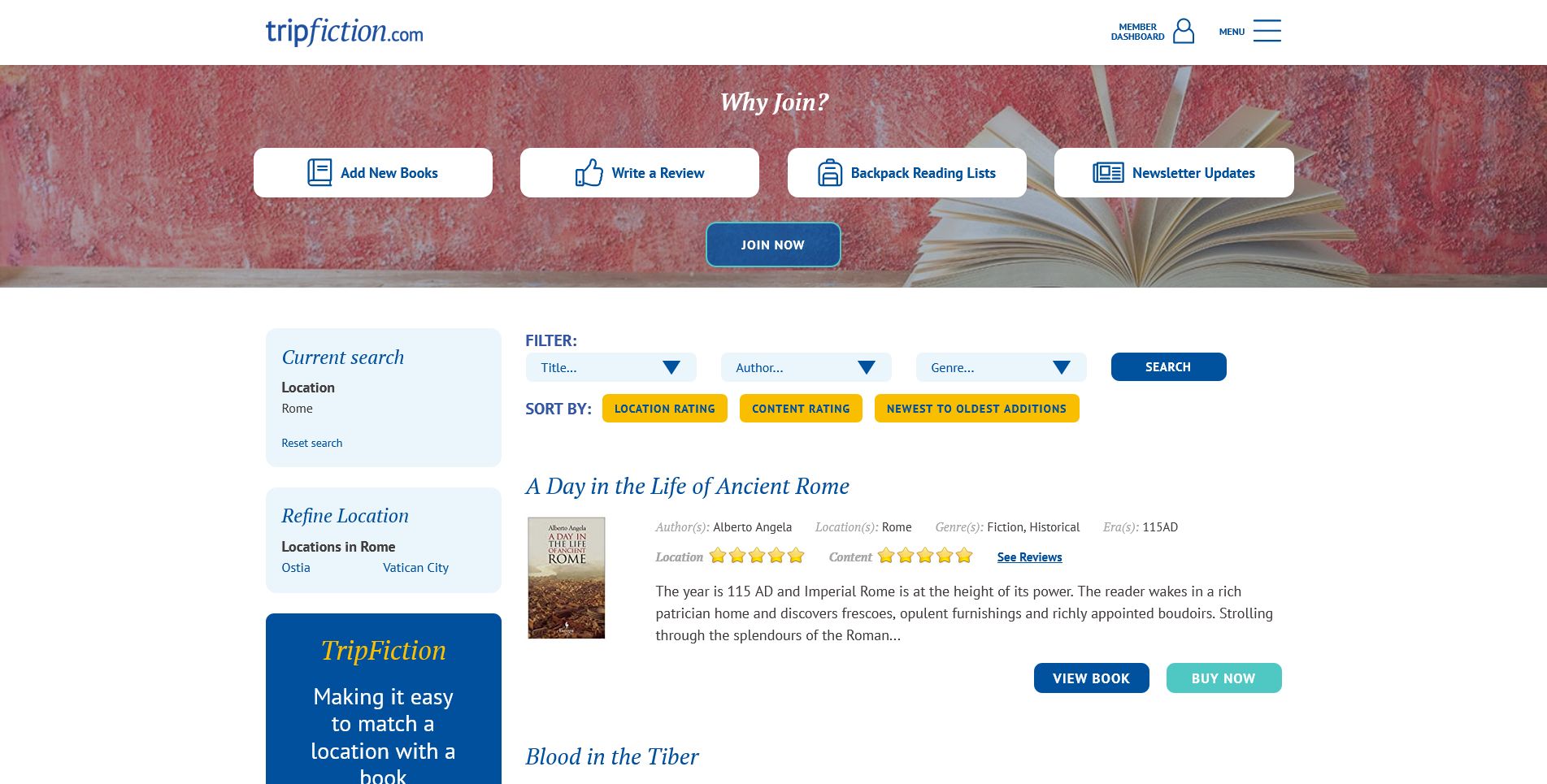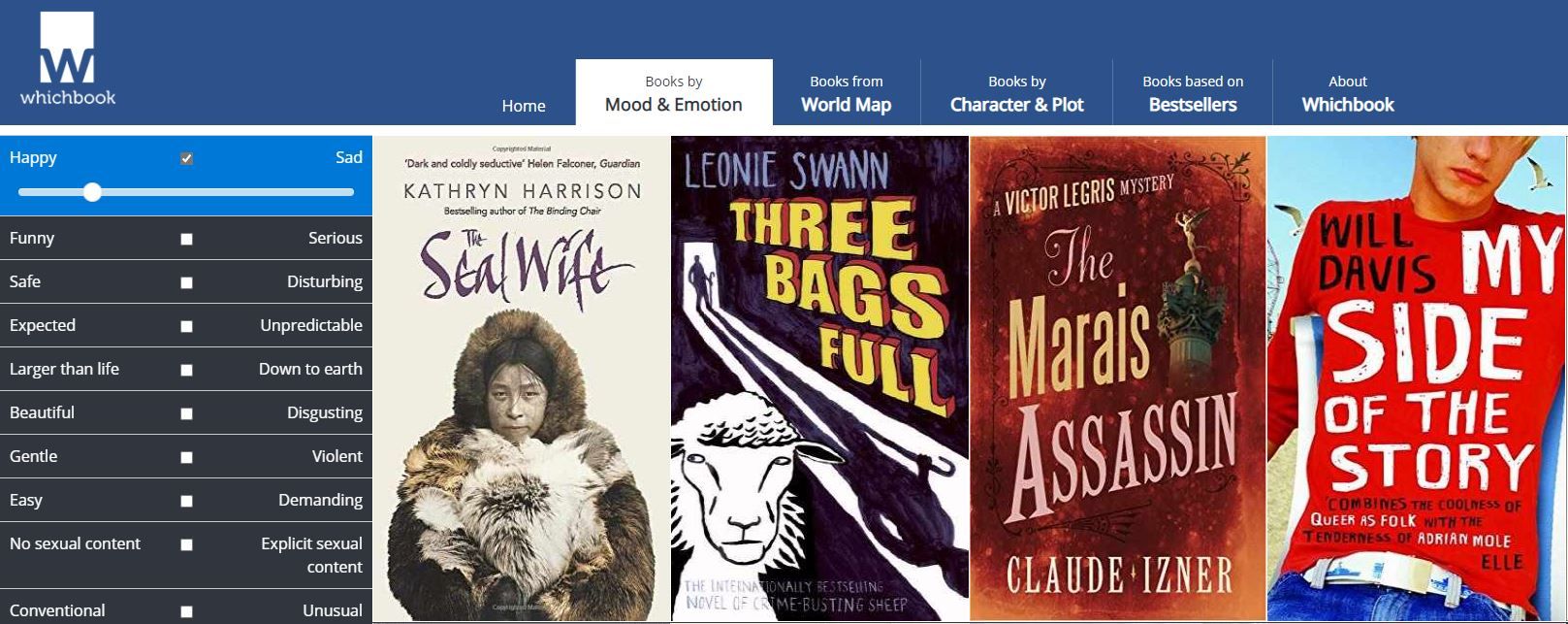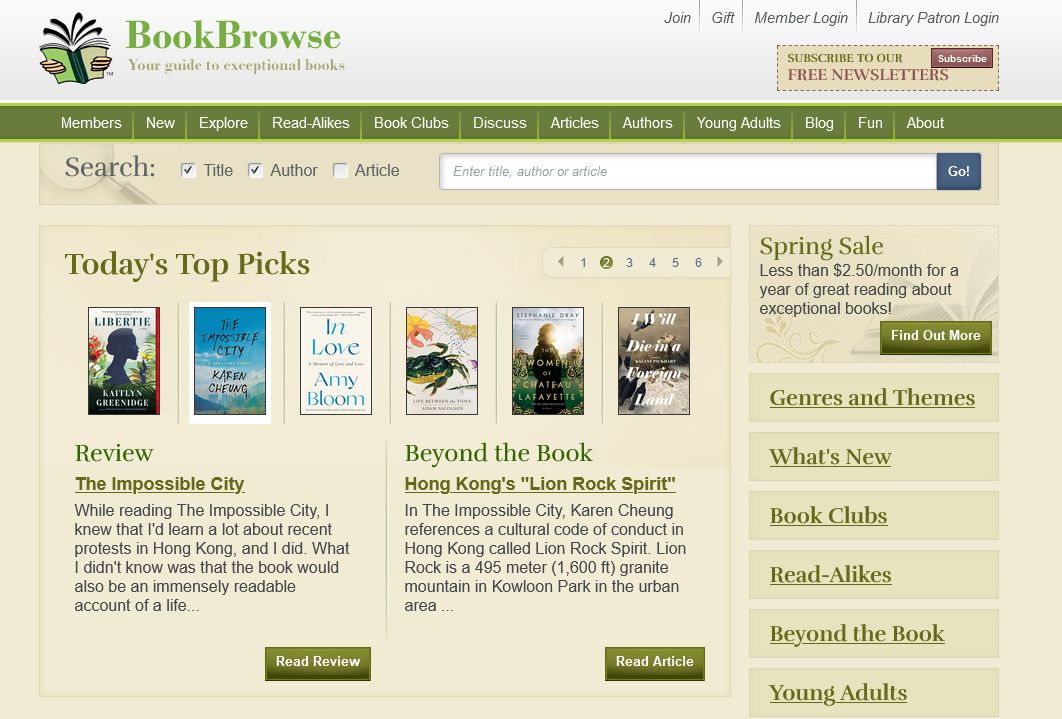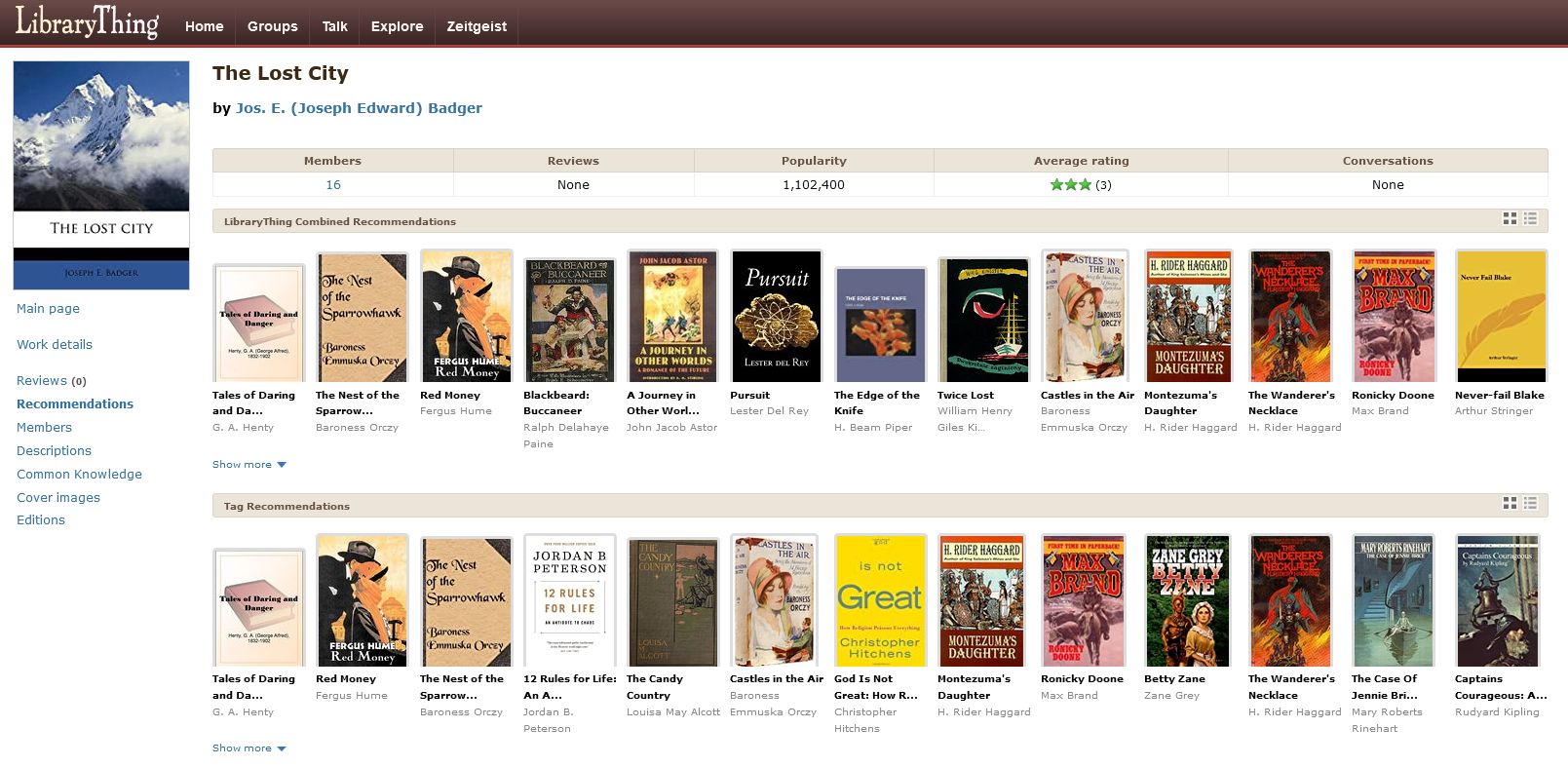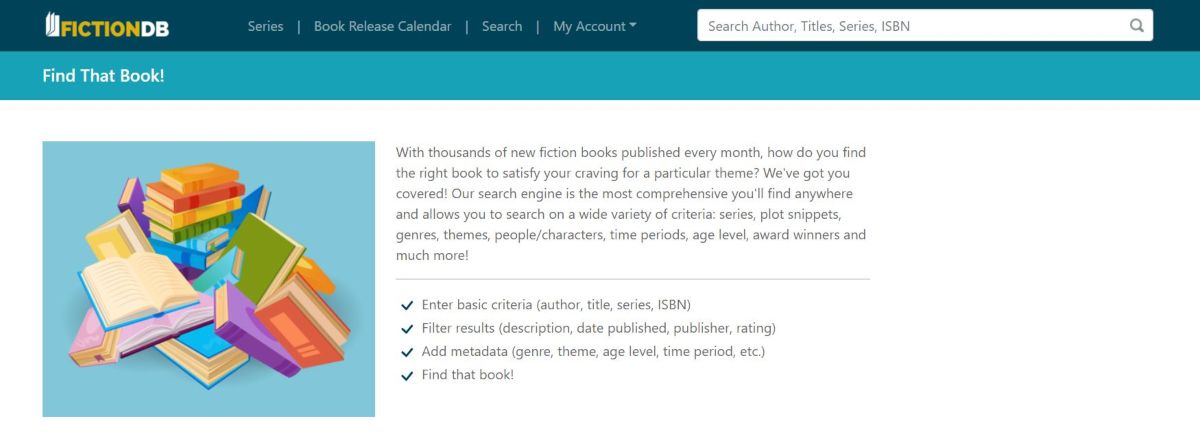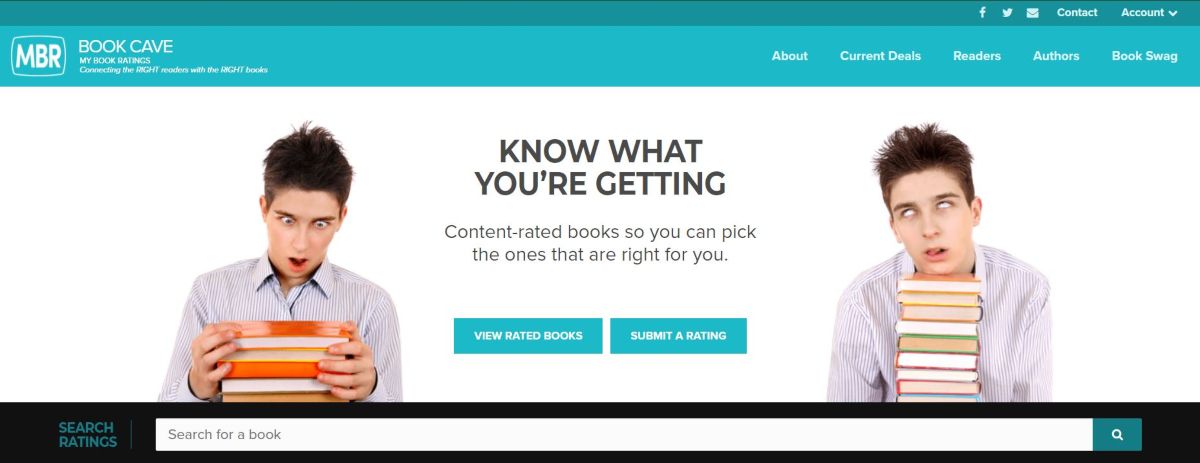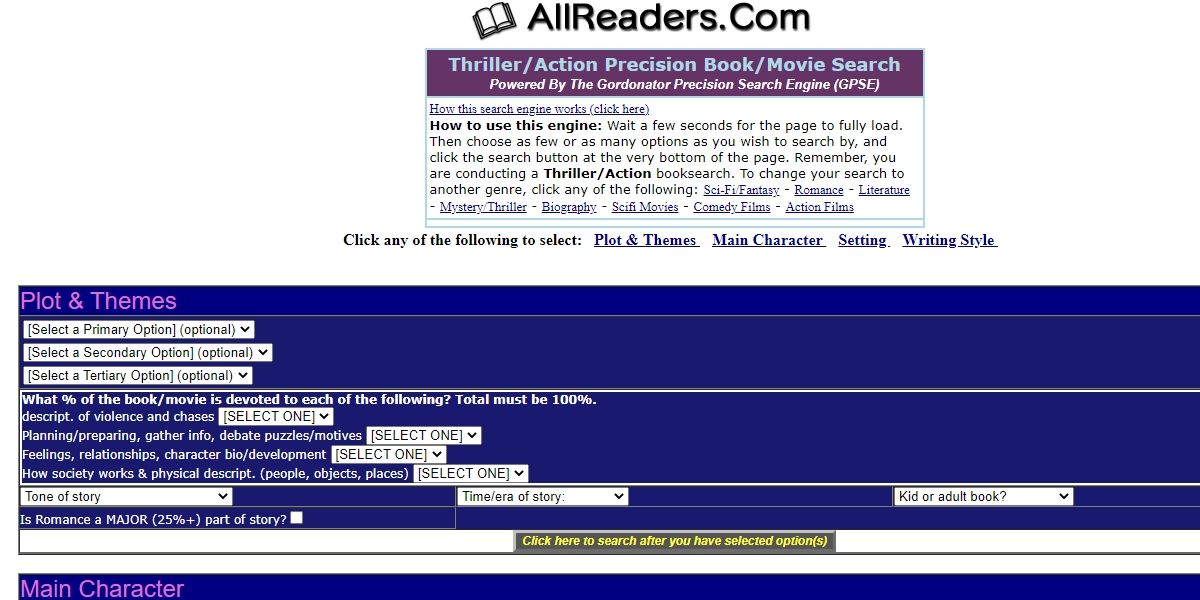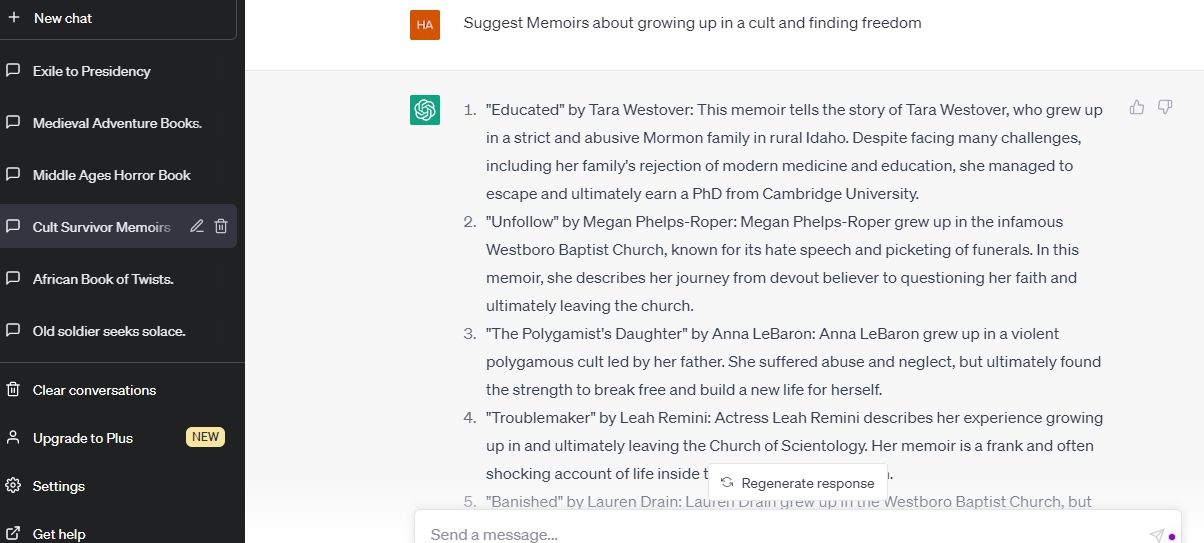Books are wonderful things; they give you a pathway to enter the world of fantasies, delve into history, solve mysteries, and so much more. But two things that haunt readers around the world are not knowing which book to read next and forgetting the name of that one amazing book they read long ago.
That's when the internet comes to the rescue. There are many websites that not only give you suggestions for new books according to your taste, but also help you conduct a book search by the plot.
1. Google Books
Google Books works the way Google's primary search engine operates. It has a library of digitized books. So, when you look for a book by its plot, it conducts the search within seconds and presents you with appropriate results from millions of books.
If you need a deep dive, you can go to Google's Advanced Book Search, which allows you to narrow down your search by mentioning details like the publisher's name, book title, and subject. Even if you half-remember the book title, you will likely be able to find what you're looking for.
2. GoodReads: What's the Name of That Book?
GoodReads has a group that goes by the name: "What's the Name of That Book?" You can post a summary of a book's plot or storyline, and people will jump to the occasion of helping you find the title.
Make sure that you mention the genre of the book and its plot details in your post. Without this information, it can be quite difficult for users to give their suggestions. Mentioning when you read it or the year it was published can make it even easier to find the book without knowing its title as well.
3. TripFiction
TripFiction lets you match a location with a book. It features novels, travelogues, and memoirs set across the globe. Whether you're going on vacation and want to read something set in that destination, or you want to transport yourself to another country through the power of words, TripFiction has you covered.
The books are rated based not only on their content, but also location accuracy. This means you can seek out the books that give you that truly authentic travel experience. You can also check the books against other book review websites to get more opinions.
4. WhichBook
WhichBook is a mood-oriented book suggester web app for when you need just the right book for your mood. Just navigate to the site, and select the Books by Mood & Emotion tab to get started. Here, you can use the sliders to describe what type of mood you're looking for. WhichBook will then adjust your suggestions accordingly, helping you find books that match your tastes.
For example, you can search for books that are somewhat happy (closer to the Happy side of the slider). You can also drag the slider closer to Serious and Unpredictable to get a book that matches this exact mood.
But if you're looking to do a book search by plot, just head to the Books by Character & Plot tab, and check off plot-specific parameters to start your search.
5. BookBrowse
BookBrowse calls itself "your guide to exceptional books" and it certainly lives up to that promise. You can explore books across genres, settings, time periods, themes, and more. The site directs you to retailers to make your purchase. Alternatively, if you prefer digital, see our guide on where to buy ebooks.
But BookBrowse offers more than helping you find a book. It also lets you delve into it further, with discussion questions that analyze the story and themes of the book, along with additional educational information about the background of the book or the author.
6. LibraryThing Book Suggester
LibraryThing's Book Suggester does exactly what you would expect: it suggests books, fortunately, extraordinarily well. Upon visiting the homepage, you are given the option to search using the Book Suggester.
Searching using the Book Suggesting feature, LibraryThing gives you a list of over 200 books that match the search term. It also yields a list of 30 of the most relevant and related titles based on over 187 million books in LibraryThing's user-submitted database.
However, you can view an additional 30 similar books as well as books by the same author.
7. FictionDB
Finding that one fiction book that will satisfy your cravings can be a challenge. Imagine browsing through hundreds of books, remaining dissatisfied with each book you find.
You can turn this scenario around by heading to FictionDB, which allows you to find the book you want, based on characters, age level, series, plot snippets, genres, themes, and whatnot! It's easy to use and gives phenomenal results.
8. Book Cave
Book Cave is one of the best websites to find content-rated books. The site rates books depending on their content—this ranges from Mild to Adult+, with Mild targeted towards children and young adults. That means if you're specifically looking for a children's book, you will only get children's book results.
Similarly, you can look for books for adults without having to go through a hoard of mild book results.
9. AllReaders.com
AllReaders.com is your go-to site if you have a very specific type of book in mind. Powered by the Gordonator Precision Search Engine (GPSE), its advanced search feature lets you find books by plot, setting, main characters, and even writing style.
For searching by plot, you can choose the different plot options from the drop-down menu and select the tone and time of the book. When you select a particular option, AllReaders.com shows more questions to narrow down the results. You can also specify if you want violence, romance, or puzzles.
If you want to read about any specific type of character, search by the main character and specify their gender, age, characteristics, profession, and ethnicity.
10. ChatGPT
Finding a book is one of the many things you can do with ChatGPT. You can experiment with the prompts to find books that suit your preferences better. For example, we asked ChatGPT to suggest a book set in Africa with lots of twists and turns, and it came up with Things Fall Apart by Chinua Achebe.
Likewise, It recommended a few decent books when we asked for “memoirs about growing up in a cult and finding freedom” and “story of a person who was exiled from his homeland.”
Similarly, you can specify a genre, the time the book is set, details about the protagonist/antagonist, and other details. You can regenerate responses if you do not find the suggested books appealing. Better still, ask ChatGPT to recommend five to ten books that fulfill your criteria.
Additional Tips to Find a Book by Plot Search
When you have almost given up on finding a book, head to book databases, such as:
These are like online libraries that give you a host of options to choose from. In fact, the Library of Congress has an amazing option called Ask a Librarian that allows you to send in an email with a book's details, and get authentic suggestions from real librarians.
Another interesting option is to head to Reddit with your queries. There are many Subreddits, such as r/TipOfMyTongue and r/WhatsThatBook, that can help you find a book that you've been searching for. You can put in your request, and you will be showered with suggestions.
In fact, if you only remember the book cover, you can describe it thoroughly and people will help you find it. Speaking of, there is a website dedicated to looking for books based on covers: Big Book Search. Just head to the website and enter the details of the cover that you remember. In no time, you will see a list of book covers, and you can pick the one that looks the most similar.
Finding a Book by Plot Isn't as Hard as You Think
All these amazing websites were curated specially for book lovers. However, if you don't find what you need here, head to a local library and speak to the librarian. Chances are, they will be able to help you find the book you've been looking for when the internet fails to do it. And once you've found the book you're looking for, why not use similar tools for future recommendations?


